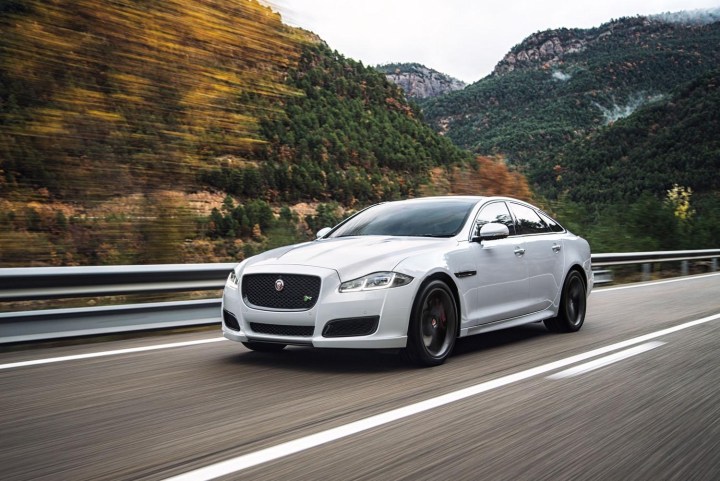
The British firm is investing millions in a research project that will help autonomous vehicles drive more like humans, by using data from human drivers to inform their behavior. A fleet of vehicles will be driven daily by employees of the London Borough of Greenwich to provide data about how different drivers react to real-world situations, JLR says.
Onboard sensors will watch and record drivers’ reactions to things like heavy traffic, construction, and bad weather. These scenarios generally don’t phase human drivers, but engineers have gone to great lengths to get machines to learn how to deal with them. Called “Move UK,” the project will last three years, and is being spearheaded by automotive supplier Bosch.
Data will also be used to develop future insurance policies for autonomous cars. Analysts believe liability may be as much of an issue as technology when it comes to commercializing self-driving cars. While some manufacturers, including Mercedes-Benz and Volvo, have said they will accept liability for autonomous-car crashes, other companies are worried that the technology will open them up more lawsuits if something goes wrong.
JLR believes programming self-driving cars to mimic human behavior will make actual humans more likely to trust them. While a small core of early adopters will likely jump right onboard, autonomous vehicles will have to win over a wider range of consumers to become commercially viable, and for their benefits to be realized.
Current prototypes are known to have some eccentricities, such as a propensity to brake hard when encountering an obstacle. But inspiring confidence may not be just about copying human behavior, but about copying the right humans. Would you strap into an autonomous car programmed to drive like an old man, or a New York City cabbie?
Editors' Recommendations
- Dubai Police to deploy driverless patrol cars with AI smarts
- An autonomous car in San Francisco got stuck in wet concrete
- Volkswagen is launching its own self-driving car testing program in the U.S.
- Apple’s rumored car could cost the same as a Tesla Model S
- Ford and VW close down Argo AI autonomous car unit

